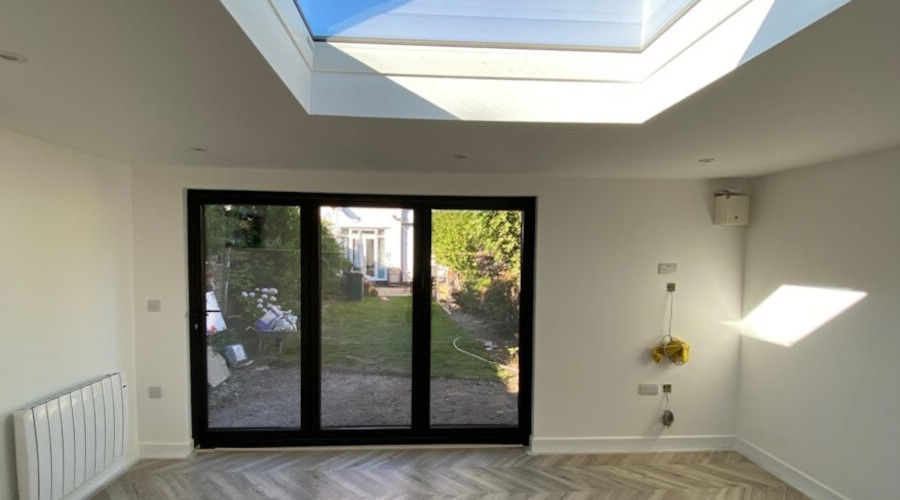How to Design a Garden Room That Blends with Your Home
- Oliver Burgess

- Aug 18, 2025
- 2 min read
A garden room can be more than an extra building in your outdoor space — it can feel like a natural extension of your home. The secret is in the design. Choosing the right layout, materials, and details ensures your garden room looks and feels connected to both your house and garden.
This guide shares practical ideas for designing a garden room that works in harmony with its surroundings.

Match the Style of Your Home
Start by taking cues from your house.
Architectural style – if your home is modern, opt for clean lines and minimal detailing; for a period property, choose softer forms and classic materials.
Colours and finishes – use the same or complementary tones to tie the two buildings together.
Roof style – a pitched roof can suit traditional homes, while flat or green roofs work well with contemporary designs.
In one of our garden design projects in Beckenham, a garden room was finished in timber cladding to echo the warmth of the main house’s exterior.
Connect with the Garden
A garden room should feel part of the landscape, not separate from it.
Position it to frame views of key planting or features.
Add planting around the base to soften the edges.
Create a direct path from the main house for seamless movement.
A garden design in Molesey could use these principles to link a garden office with both lawn and terrace areas.
Use Natural Light to Your Advantage
Large windows, sliding doors, or bifold panels help connect inside and out. Position openings to capture the best light throughout the day.

Blend Materials with Outdoor Features
Matching materials between the garden room and the surrounding landscape helps unify the design. This could mean:
Timber cladding that matches decking.
Brick or stone to mirror walls or paving.
Rendered finishes to complement the house exterior.
Keep the Interior Cohesive
The inside of a garden room should also connect with the main house. Using similar flooring, paint colours, or furniture styles can help the spaces flow together. For a fully cohesive layout, a professional garden designer can plan the relationship between garden, building, and home.
Plan for Year-Round Use
Insulation, heating, and ventilation mean your garden room will be comfortable whatever the season. Built-in lighting extends usability into the evening.
Final Thoughts
A well-designed garden room can add value, style, and functionality to your property. By matching your home’s character, connecting with the garden, and using materials wisely, you can create a space that feels truly integrated.





Comments